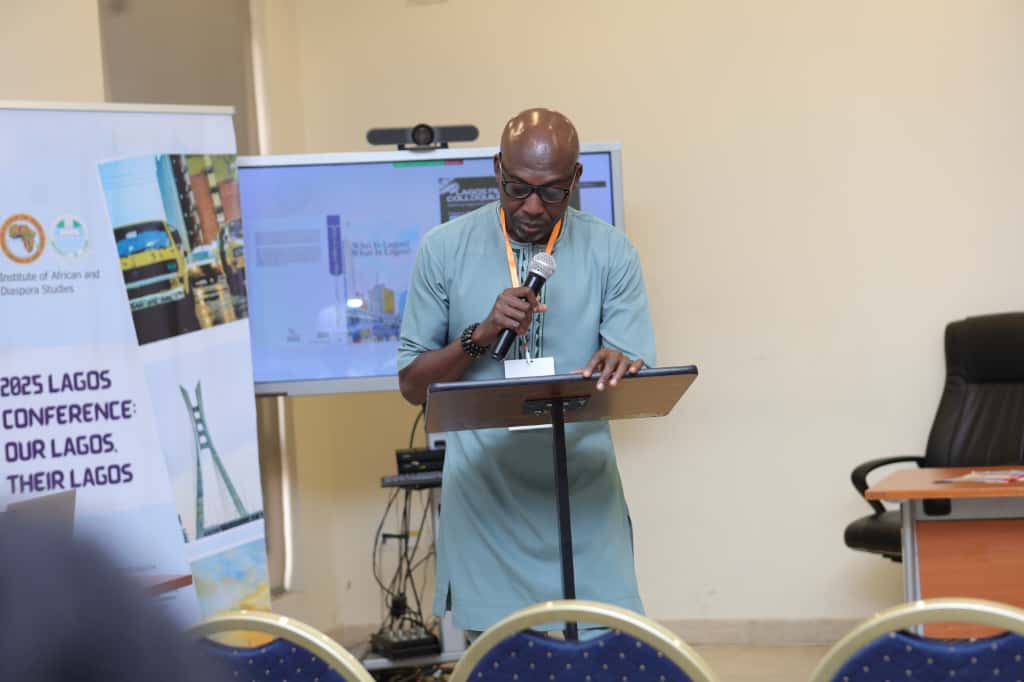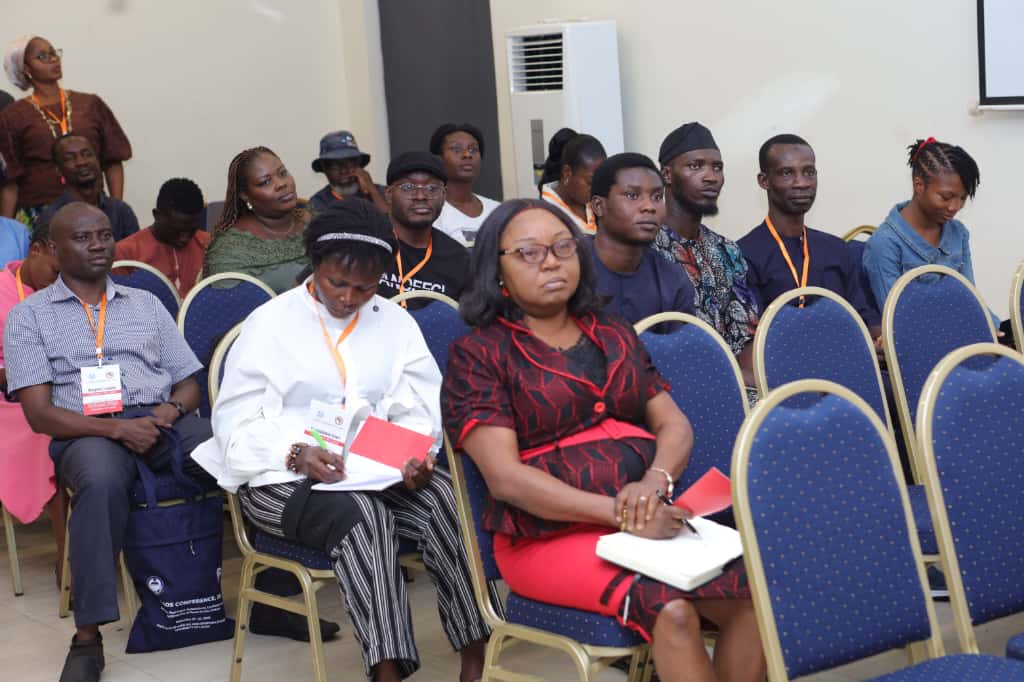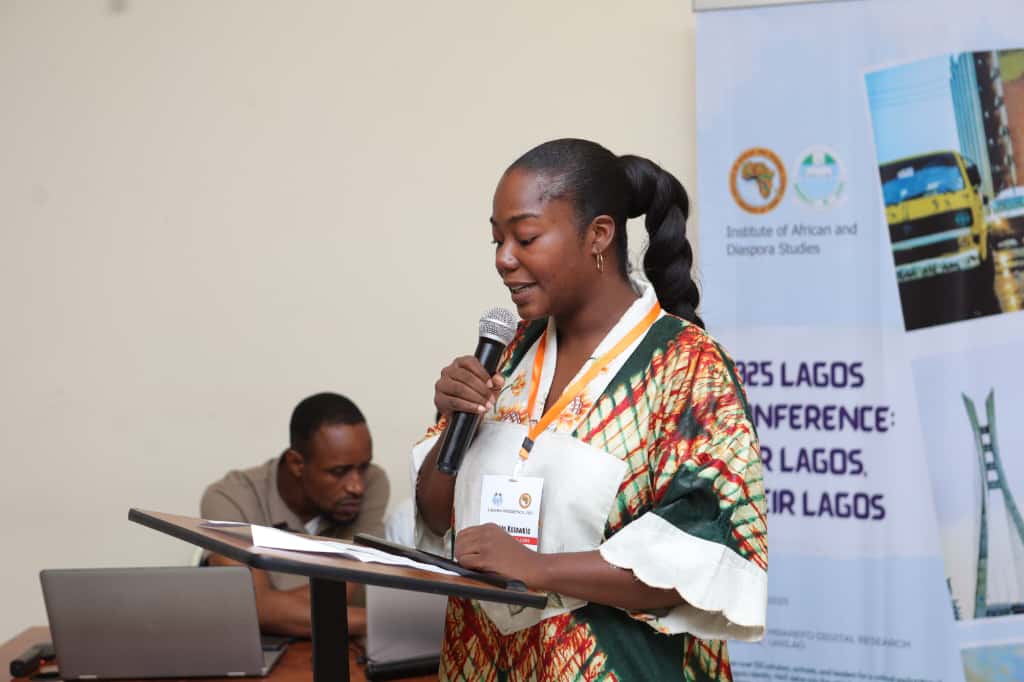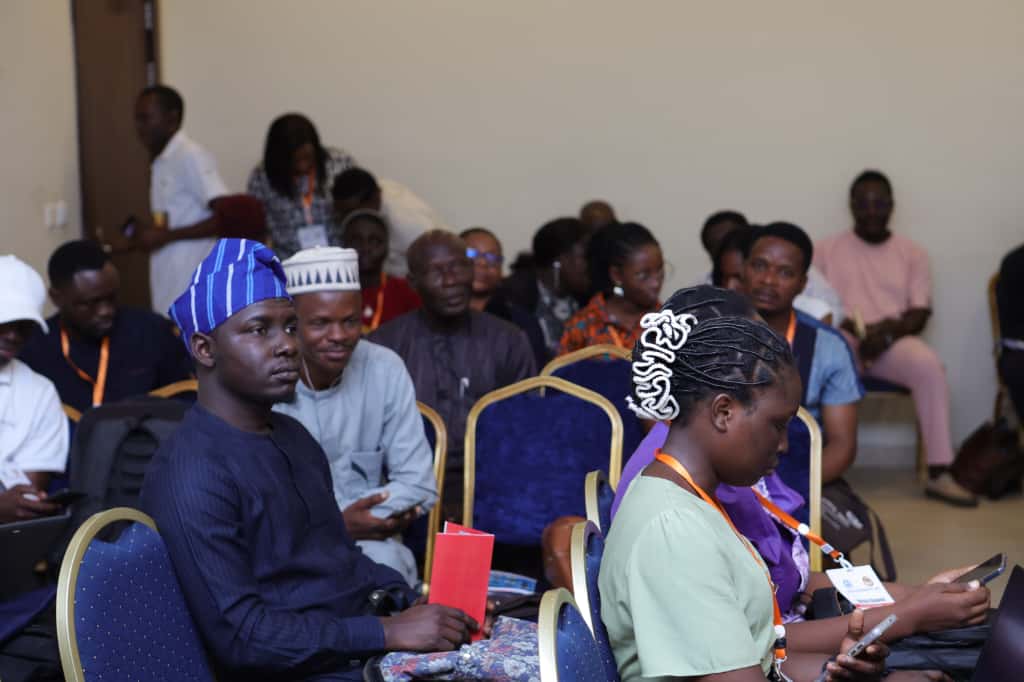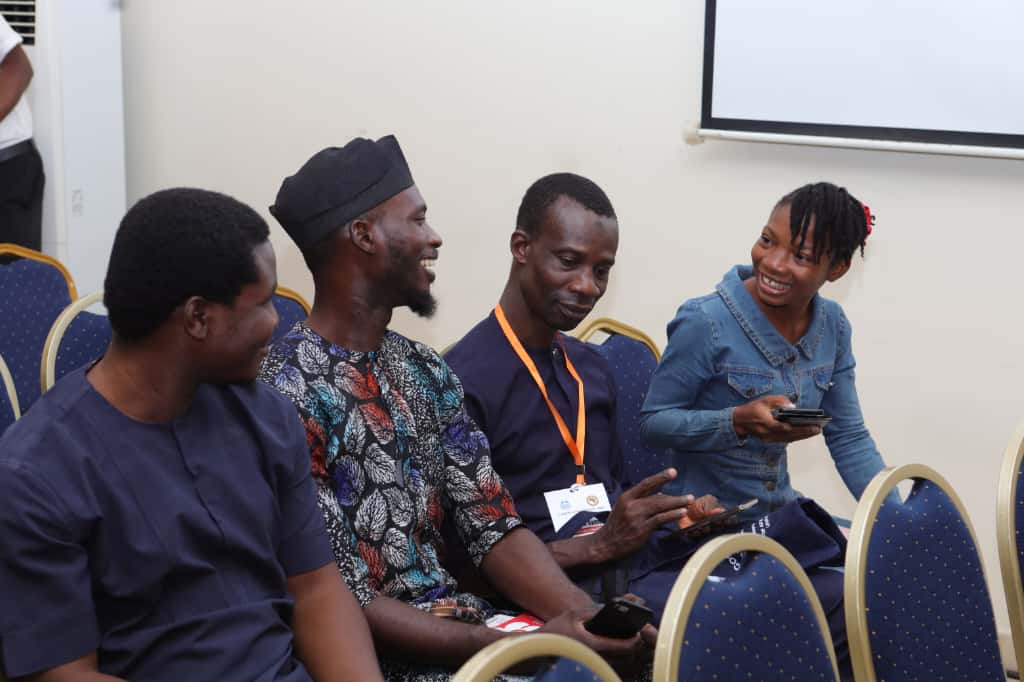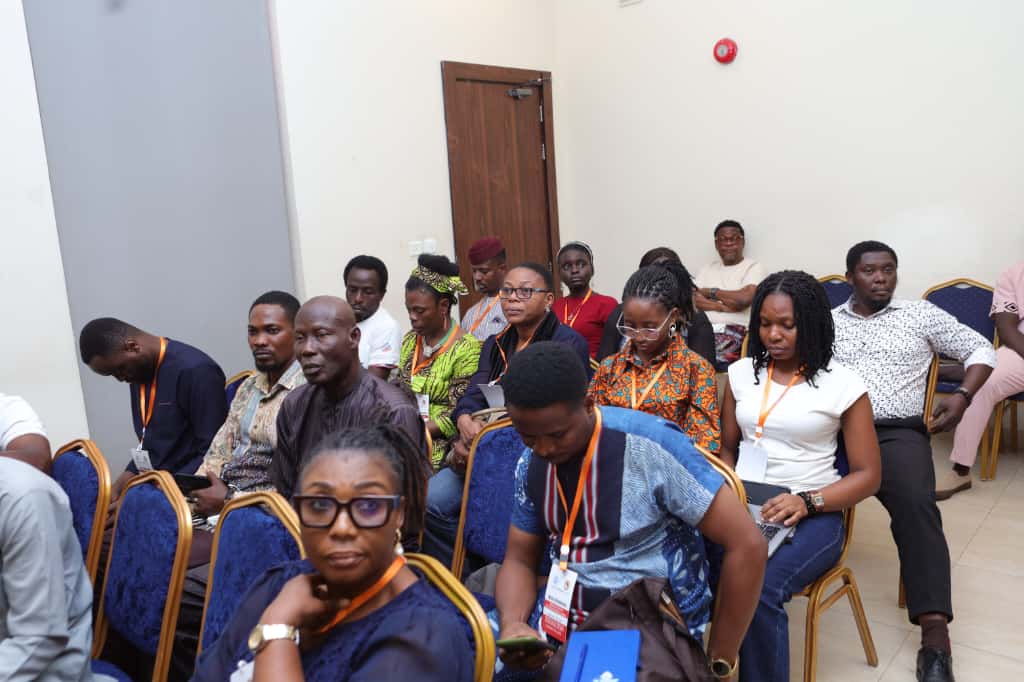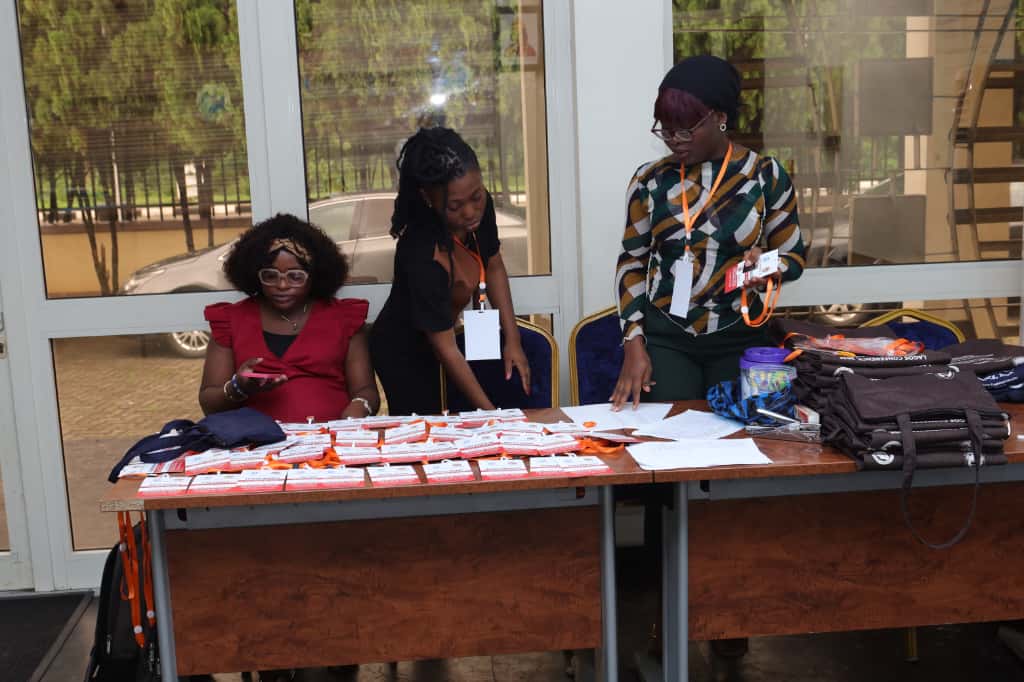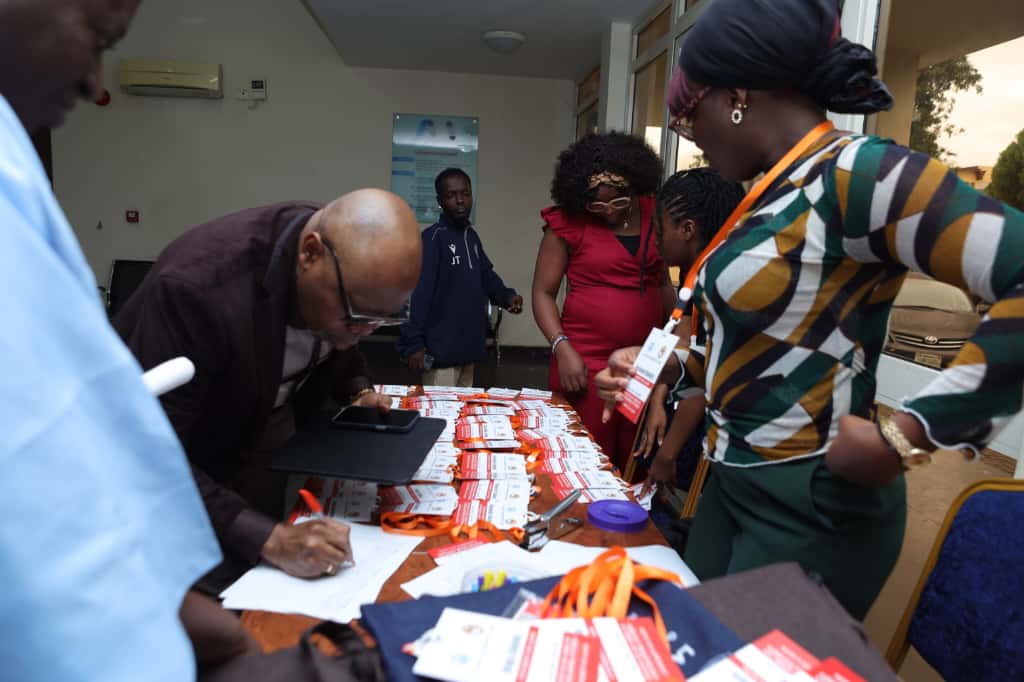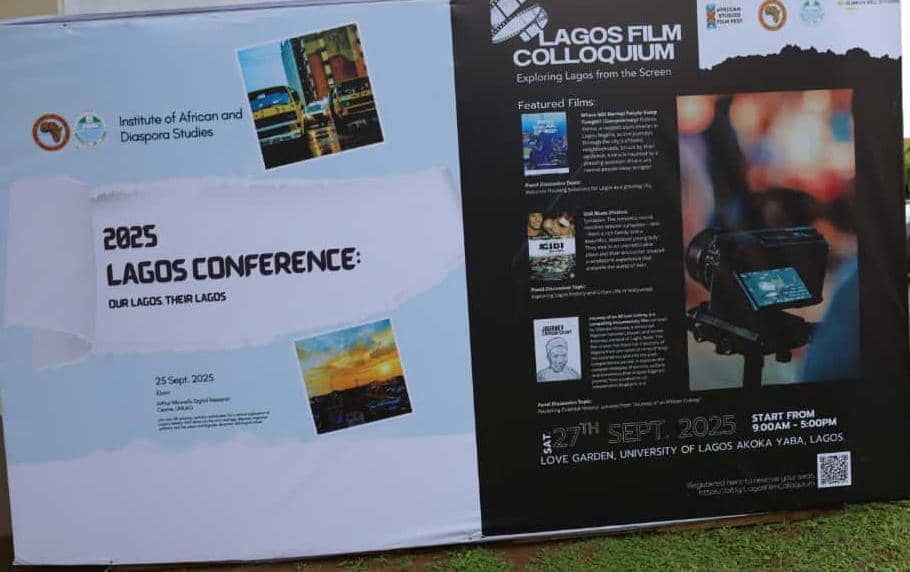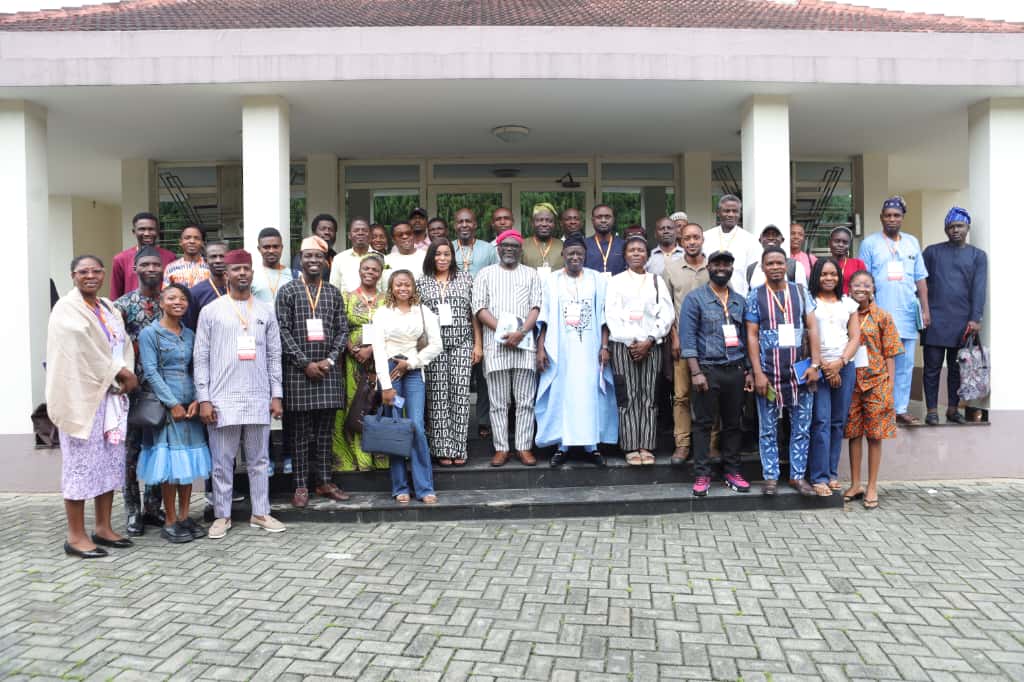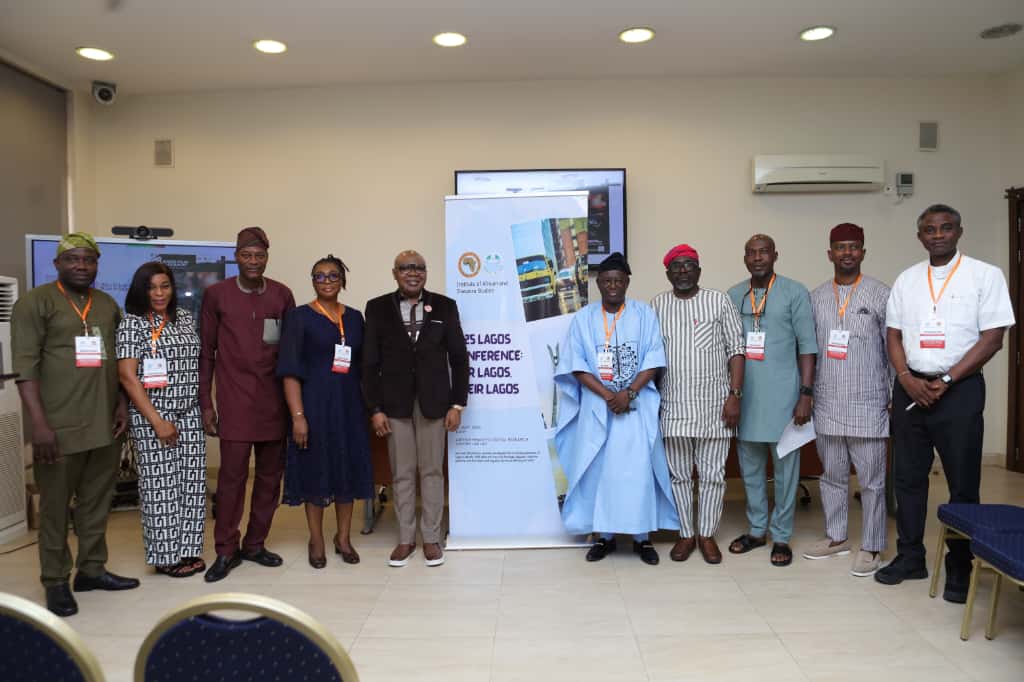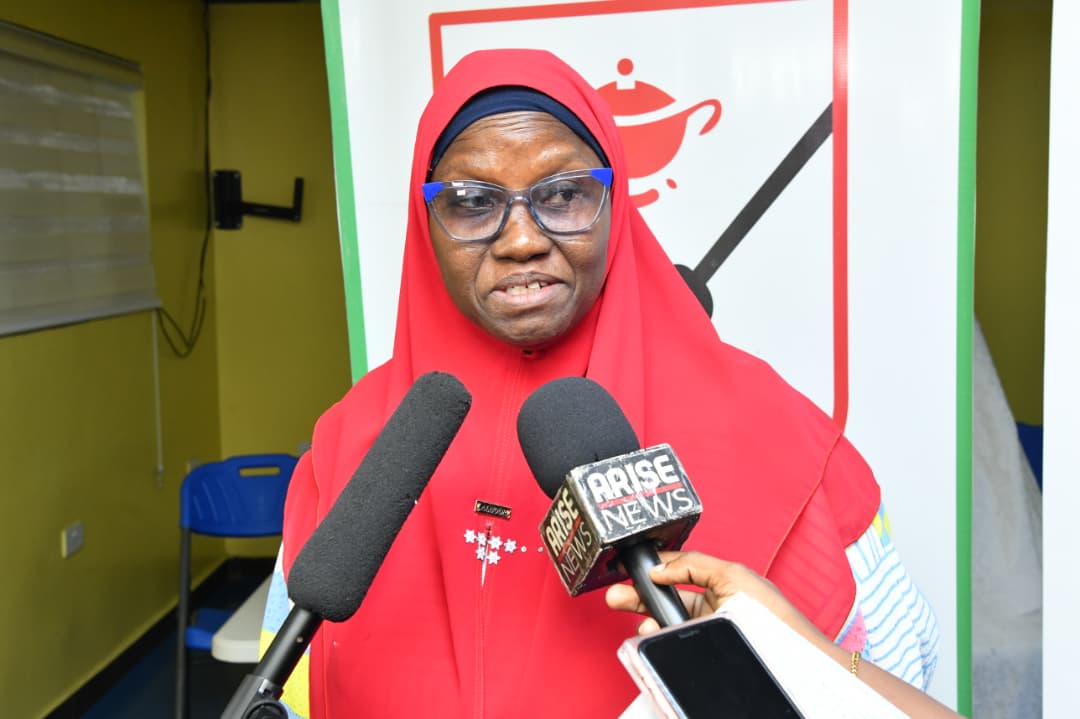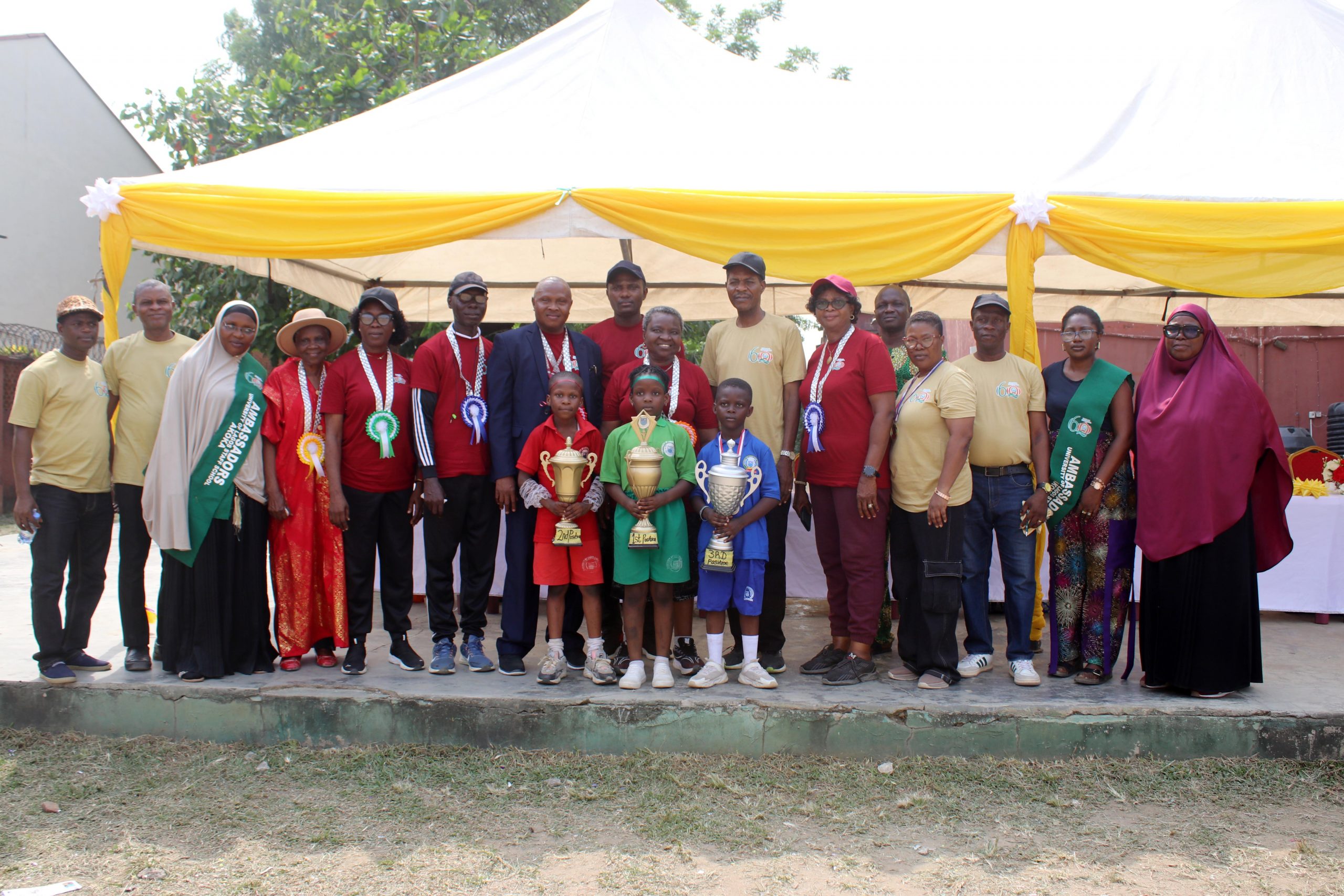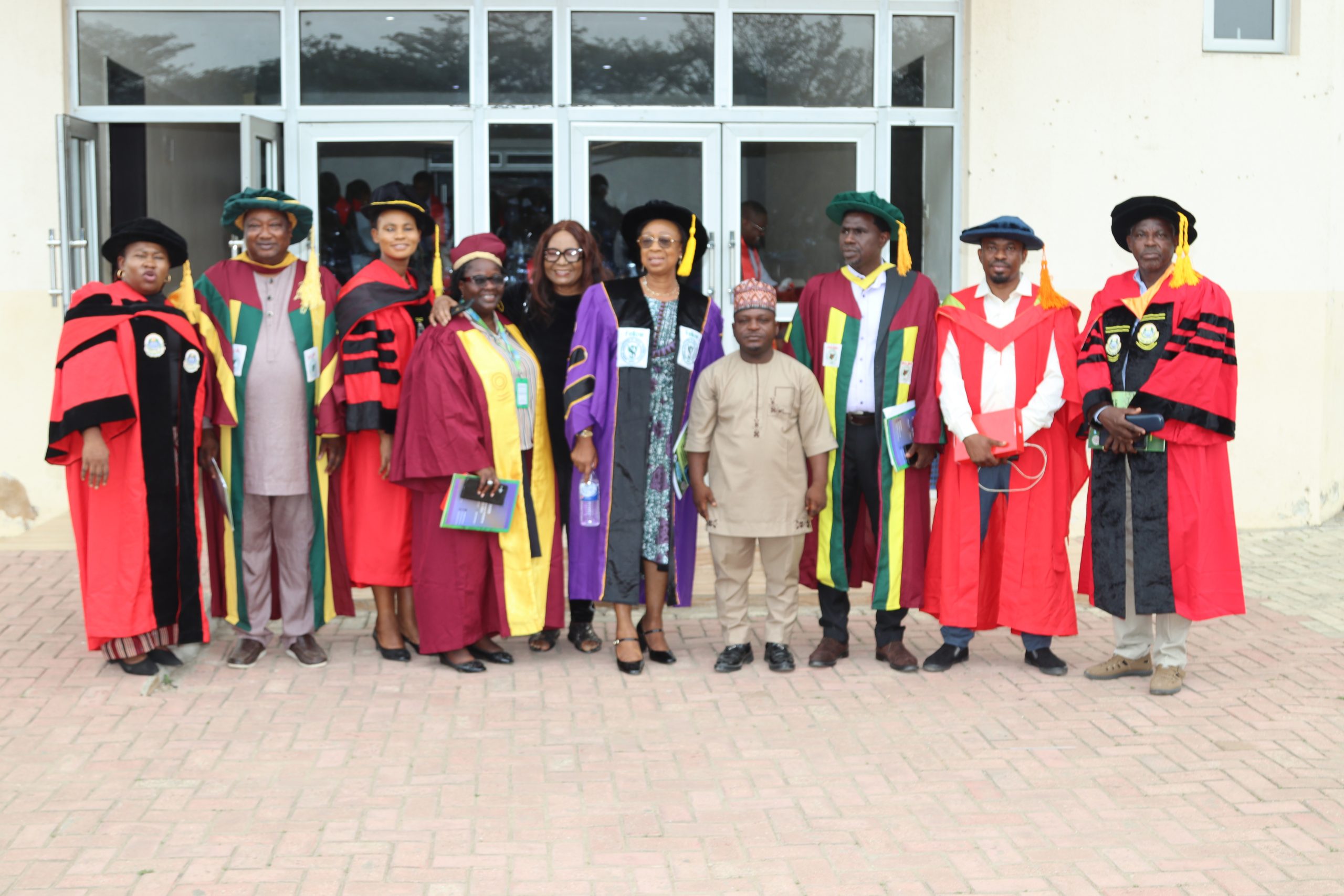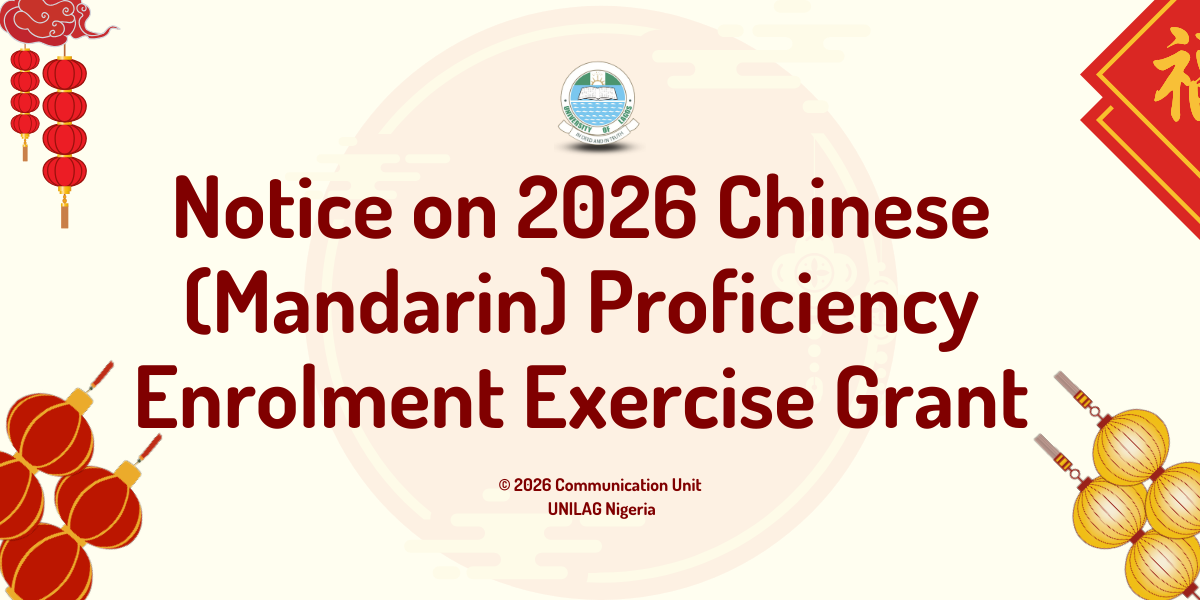Questions of ownership, identity, and power in one of Africa’s most contested urban spaces dominated conversations at the 2025 Lagos Conference, a three-day international gathering hosted by the Institute of African and Diaspora Studies (IADS), University of Lagos.
Held at the Arthur Mbanefo Digital Resource Centre from Thursday, September 25, the event interrogated the theme, “Our Lagos, Their Lagos: Autochthony, Conflicted Identity, and Structures of Power in the 21st Century.”

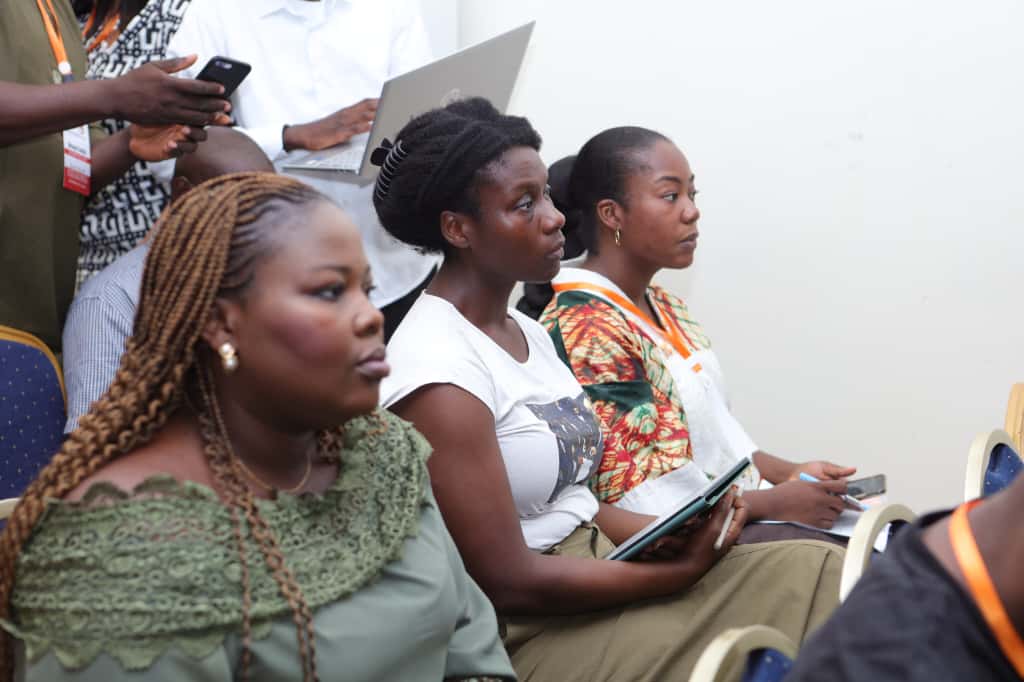
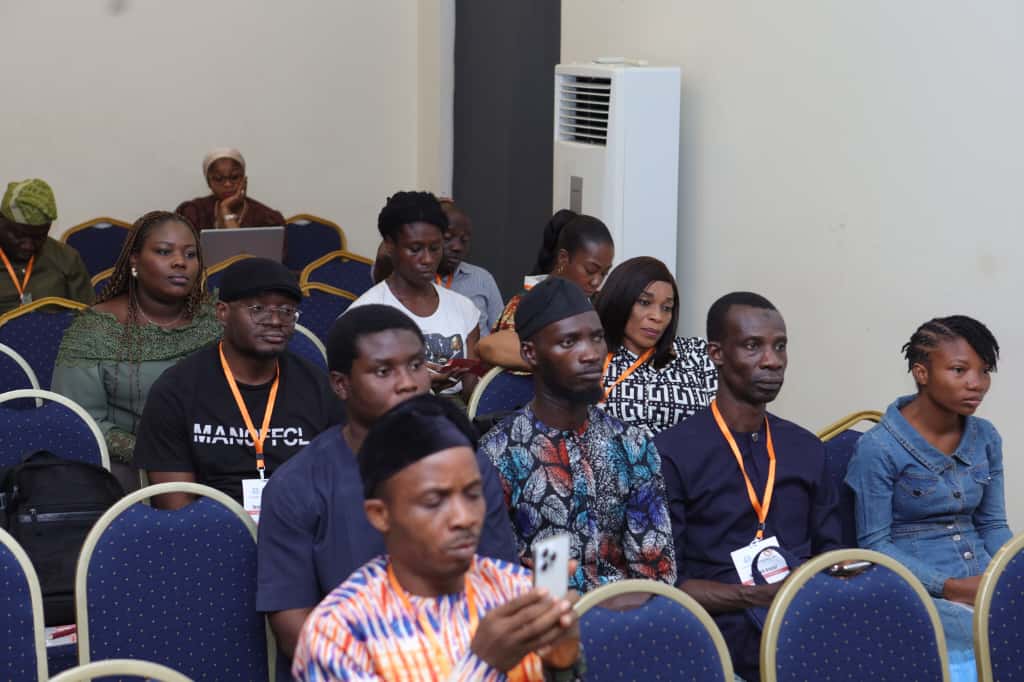
A Milestone in Thought Leadership
The hybrid conference marked another milestone in the University of Lagos’ commitment to thought leadership on African heritage, identity politics, and postcolonial development.
It attracted an array of scholars, cultural custodians, creatives, and policymakers including the Registrar of the university, represented by the Deputy Registrar (Examinations), Mr. Kehinde Onakoya. They all convened to interrogate the complex layers of Lagos, one of Africa’s most dynamic and contested urban spaces.
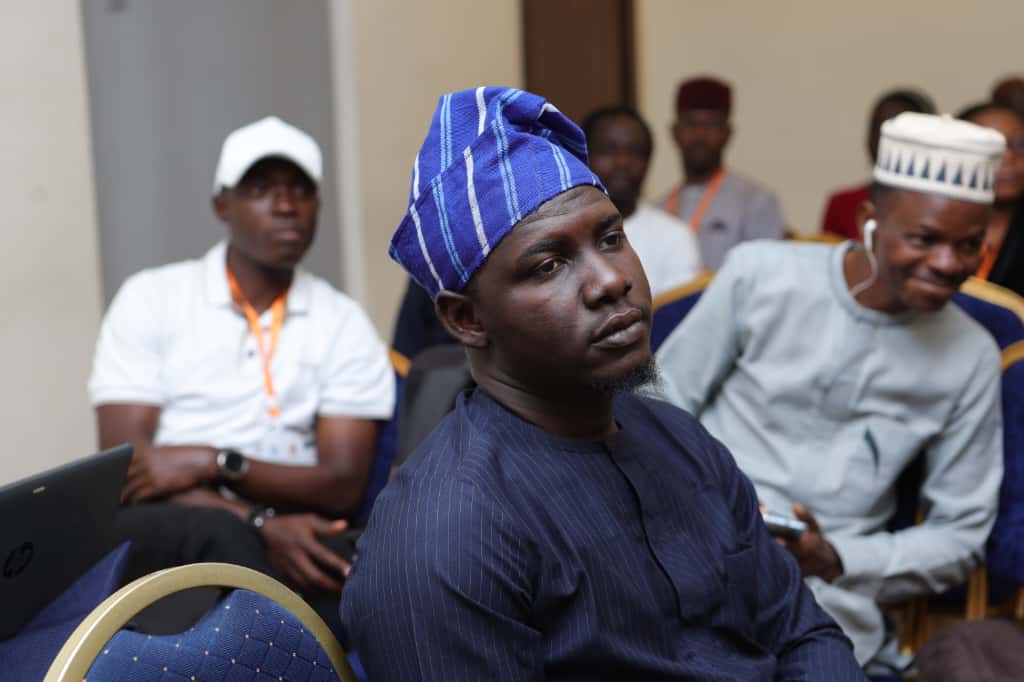
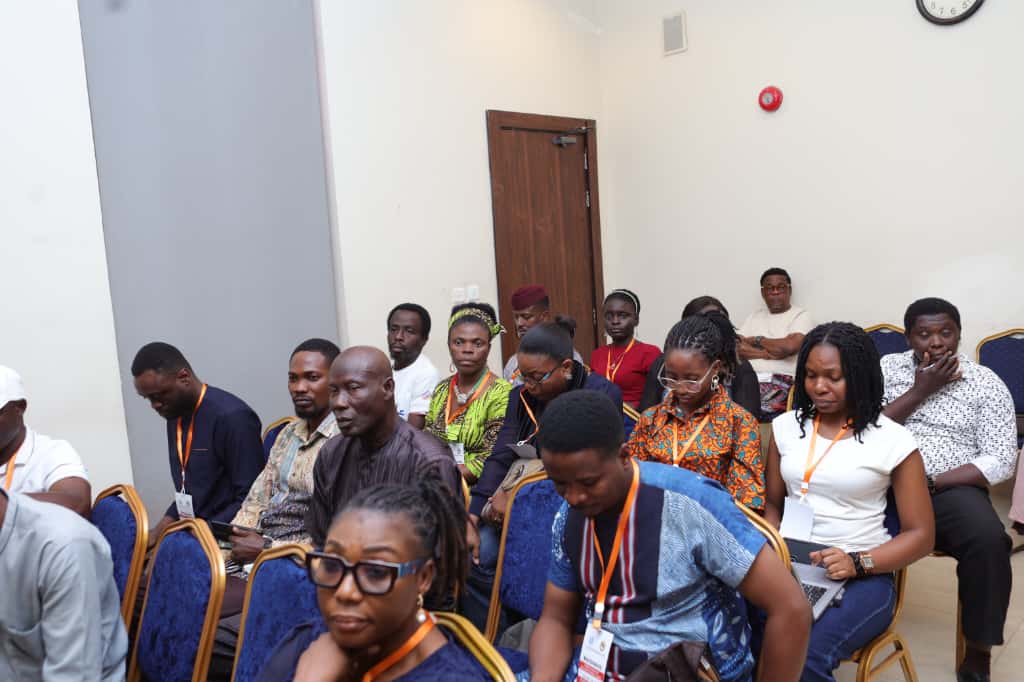
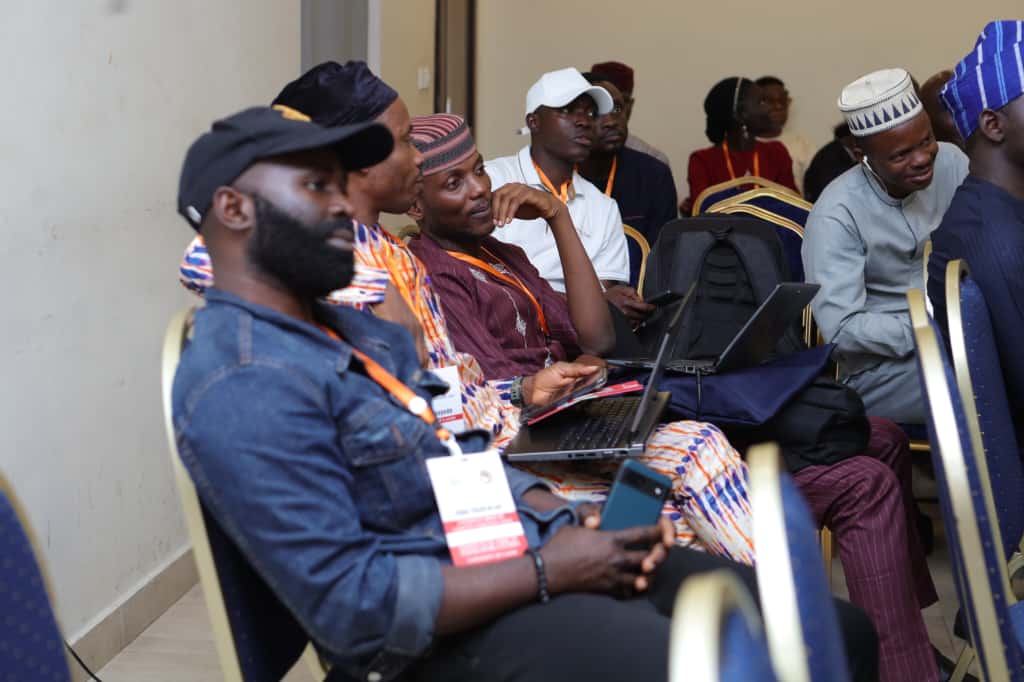
IADS Director Welcomes Participants
Welcoming participants, Director of IADS, Professor Ayo Yusuff described the event as a “premier platform” for critical inquiry into the evolving identity of Lagos. He emphasized that the city should not be viewed merely as a geographic location, but as a constantly evolving nexus of culture, commerce, and history.
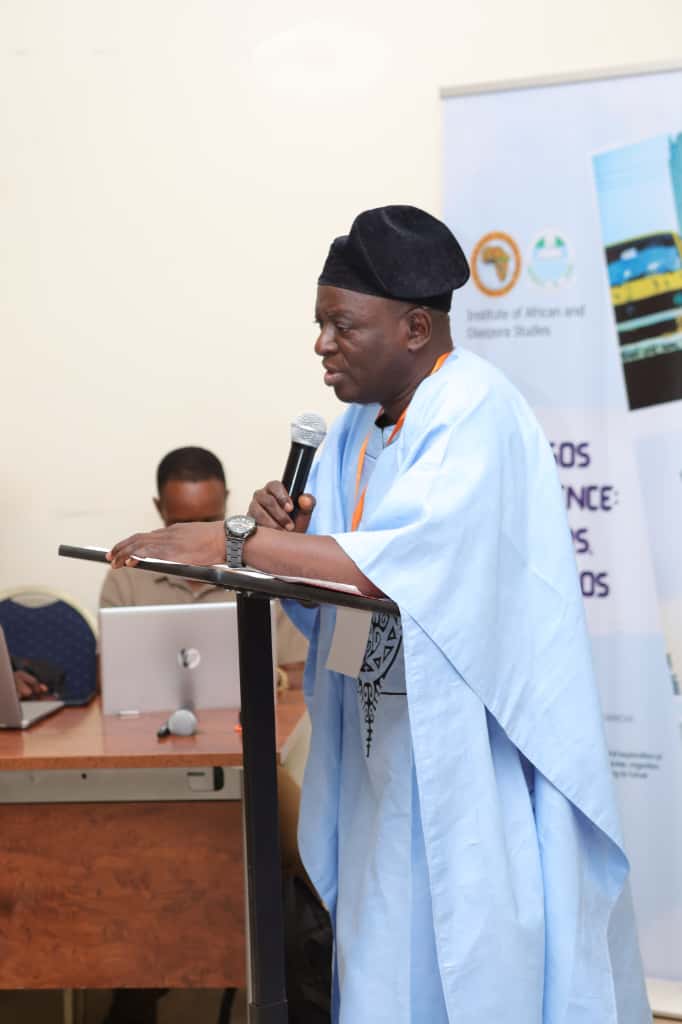
The first Research Professor to be appointed at the University of Lagos, Professor Yusuff disclosed that, “since its inception in August 2017, the Institute for African and Diaspora Studies (IADS) has built a strong reputation for innovation and academic excellence, with its operations driven by a strategic dedication of allocation of 70% to research, 20% to postgraduate teachings and 10% to advocacy.”
According to him, the Institute’s growing influence is reflected in landmark initiatives such as the Rahaman Bello Ph.D. Thesis Award, now the largest prize for doctoral research in Africa, as well as enduring collaborations with prestigious partners including the German Research Foundation, Centre for Black and African Arts and Civilization (CBAAC), and African Research Universities Alliance (ARUA).
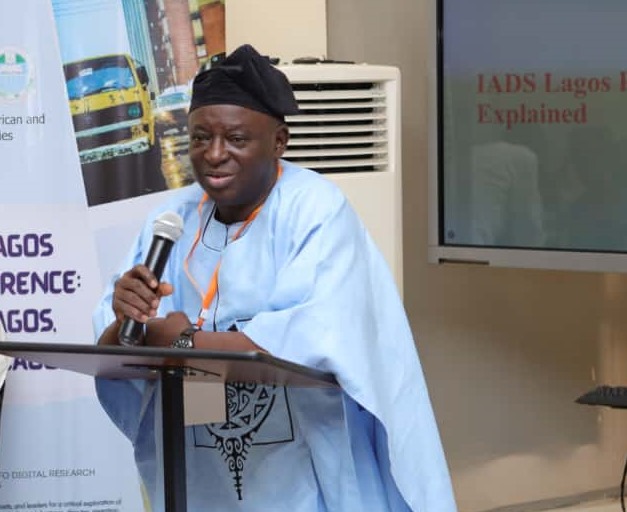
Plans for a Lagos Research Centre
Building on this momentum, Professor Yusuff also announced plans to establish a Lagos Research Centre, a dedicated hub for studying the city’s socio-political landscape, urban evolution, and cultural economy.
Vice-Chancellor’s Address
Delivering remarks on behalf of the Vice-Chancellor, Professor Folasade T. Ogunsola, OON, FAS, the Dean of the School of Postgraduate Studies, Professor Abraham Osinubi, described Lagos as “Africa’s melting pot” – a city that transcends its reputation for hustle to symbolize diversity, resilience, and transformative potential.
According to him, Lagos’ rich cultural tapestry offers not just complexity, but a unique opportunity to drive meaningful transformation across the continent.
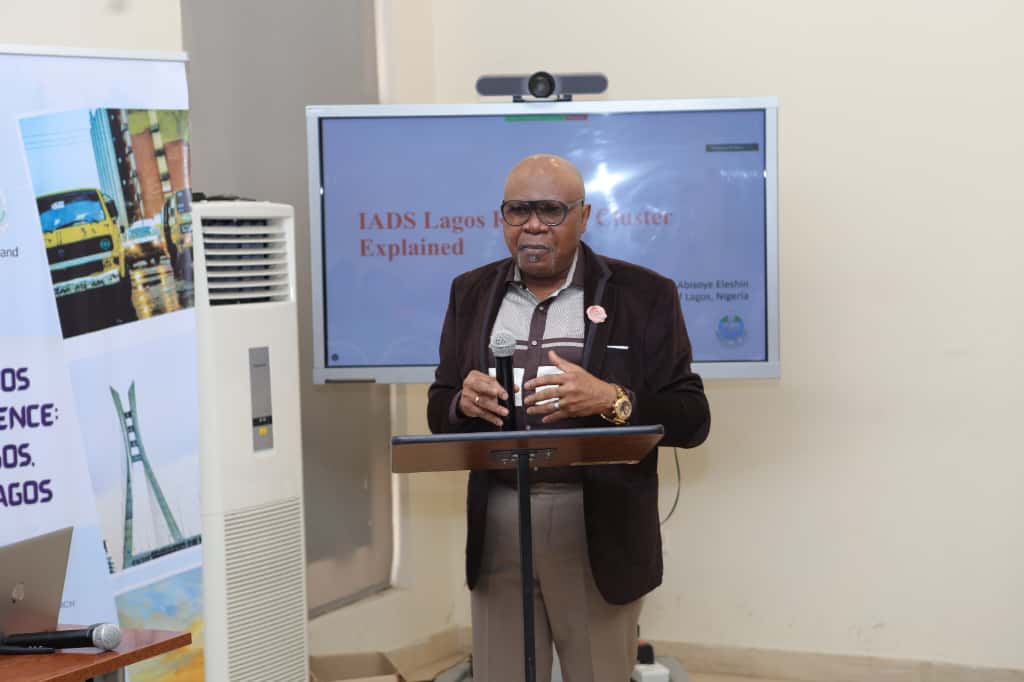
“To understand Lagos is to understand a city that is both local and global; where history whispers through Badagry’s streets, commerce roars at Apapa’s docks, and creativity blooms in the music and fashion hubs of Ikeja.”
Spotlighting Indigeneity, Citizenship, and Spatial Justice
The first keynote address, titled “Historicising Lagos: The Nexus between Indigeneity and Citizenship in a Megacity”, was delivered by Professor Bashir Animashaun on behalf of the Pro-Chancellor and Chairman of Obafemi Awolowo University Governing Council, Professor Siyan Oyeweso.
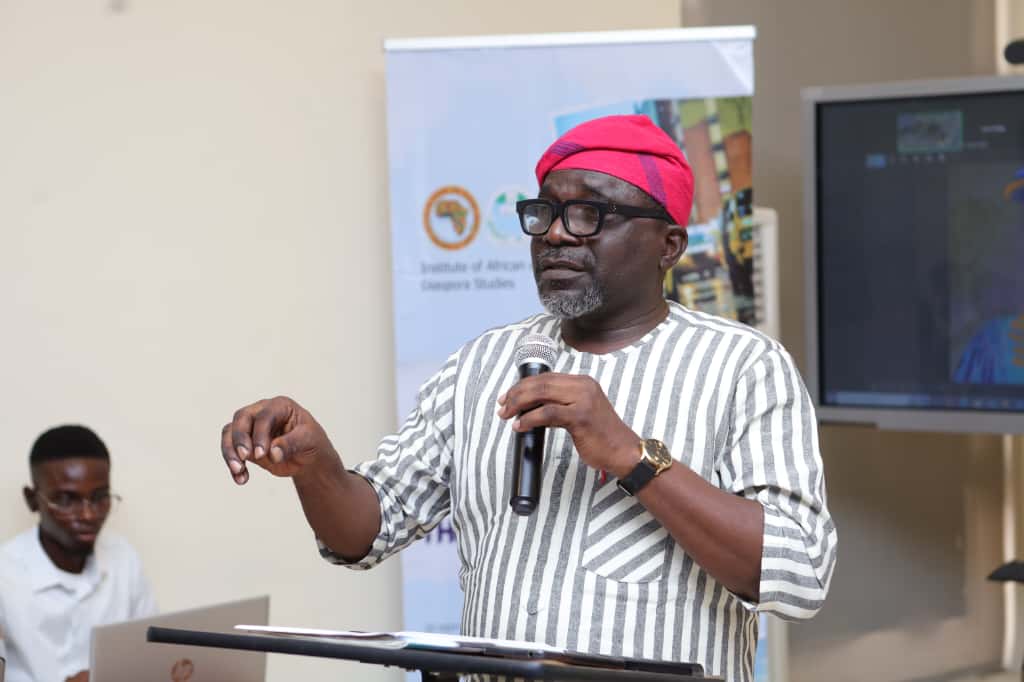
His address unpacked the historical tensions and lived realities between indigenous populations in Lagos and its cosmopolitan character. He traced the ancestry of the Awori, Ijebu, and Ogu-speaking peoples, asserting their place as “autocht[h]ones and traditional custodians of the Lagos region.”
“Lagos is manned,” he declared as a rebuttal to the popular claim that “Lagos is no man’s land.” He continued: “The omo onile remain central to its cultural and historical authority.”
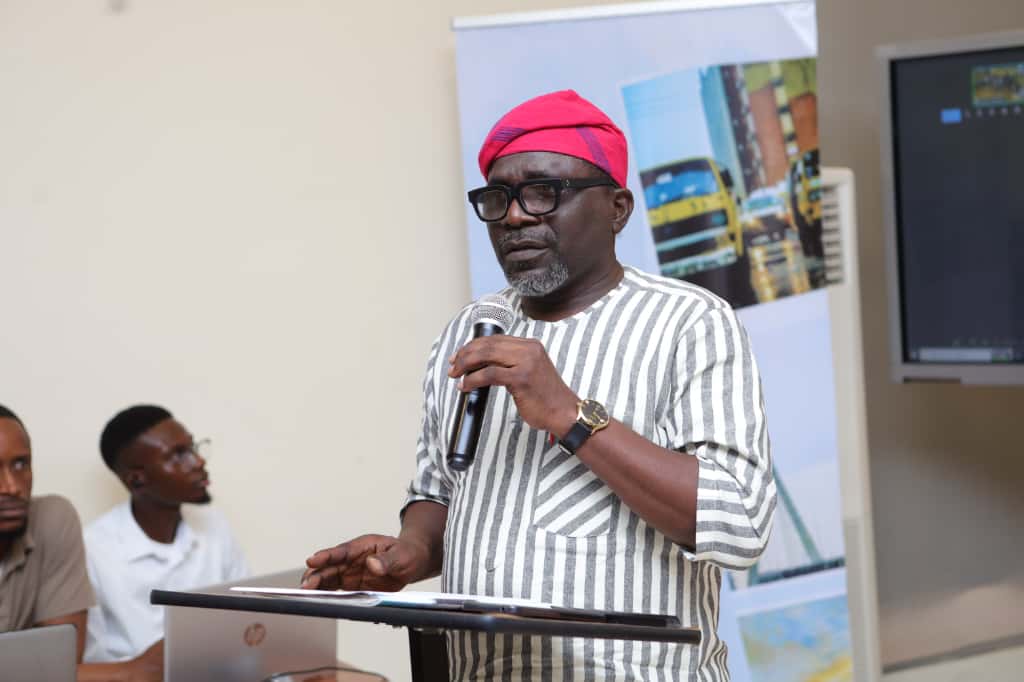
The keynote emphasised the challenge of negotiating citizenship, both as a legal category and as a form of cultural recognition and inclusion. He cited Lagos as a “hybrid city,” shaped by waves of internal and West African migration with the Igbo, Hausa, Ghanaians, Togolese, and Yoruba migrants all playing vital roles in its transformation.
The second keynote address delivered virtually by Associate Professor of History at the University of California, Dr. Ademide Adelusi-Adeluyi was titled, “Who Broke Lagos?.” Her presentation offered a unique spatial and cultural reading of Eko, the historical core of Lagos.
Dr. Adelusi-Adeluyi explored how maps, space-marking, and cultural geography have defined and at times distorted the urban identity of Lagos. She revisited sites like the Elegbata Creek and early street formations, revealing how colonial and postcolonial city planning disrupted indigenous relationships with space.
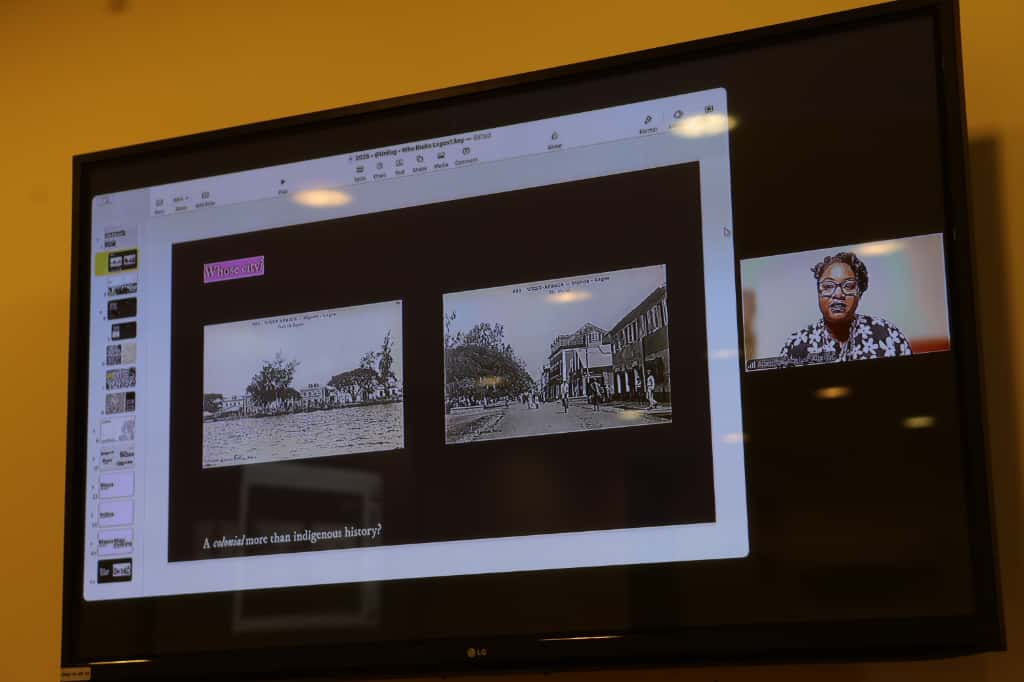
She argued that the history of Lagos lives not only in documents and oral tradition, but also in space and silence, in streets renamed, creeks redirected, and cultural sites erased or repurposed.
Her keynote called for a re-mapping of memory, encouraging scholars and planners to imagine a Lagos where history informs development, and where spatial justice is prioritised.
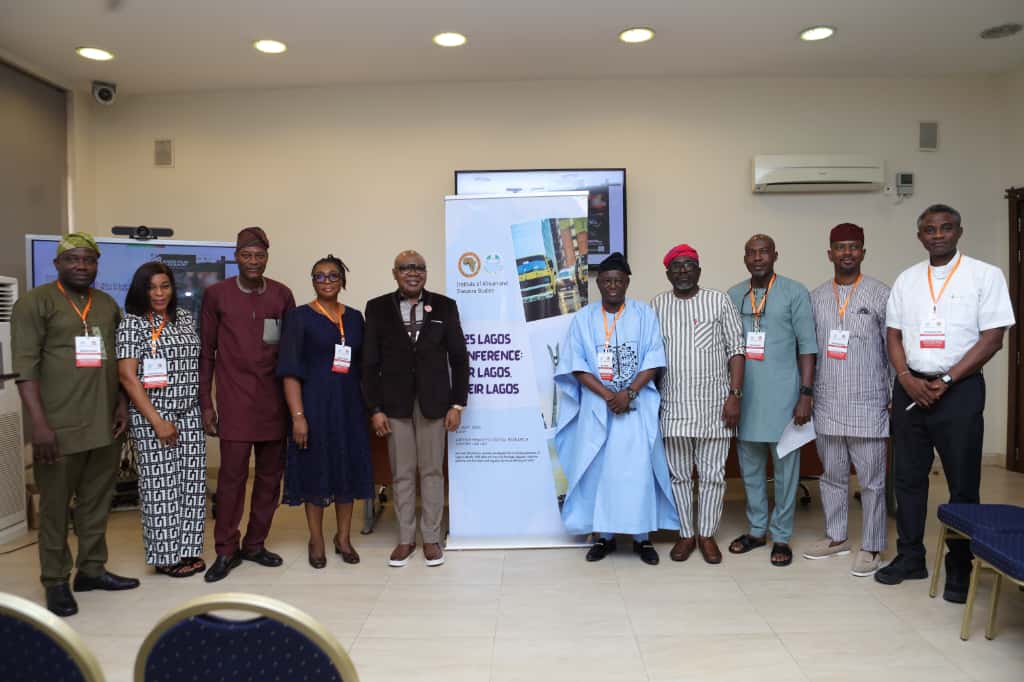
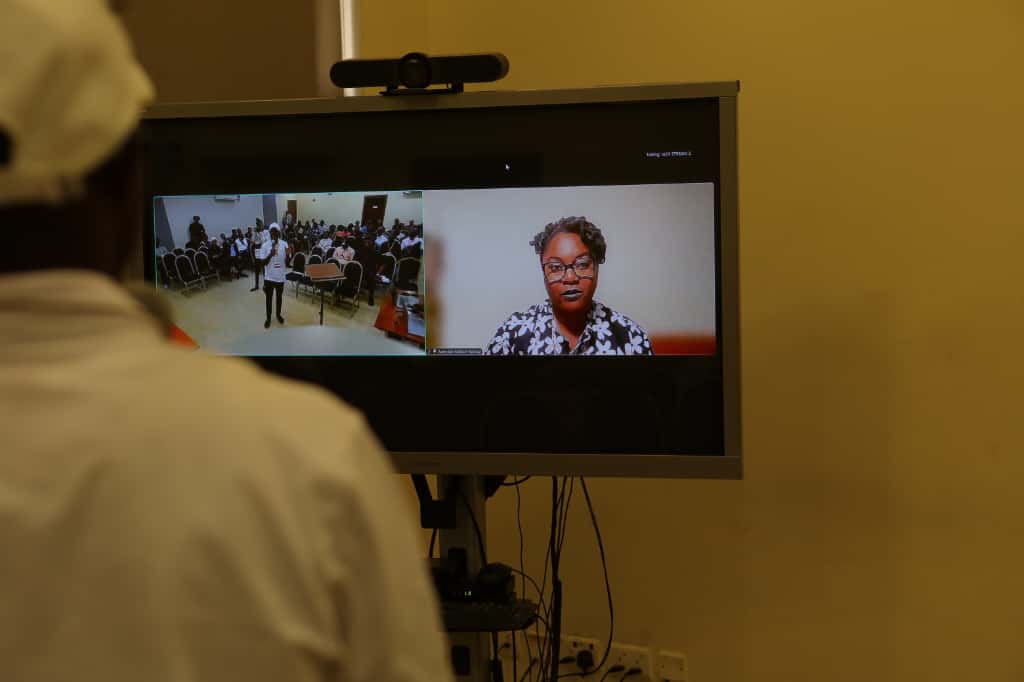
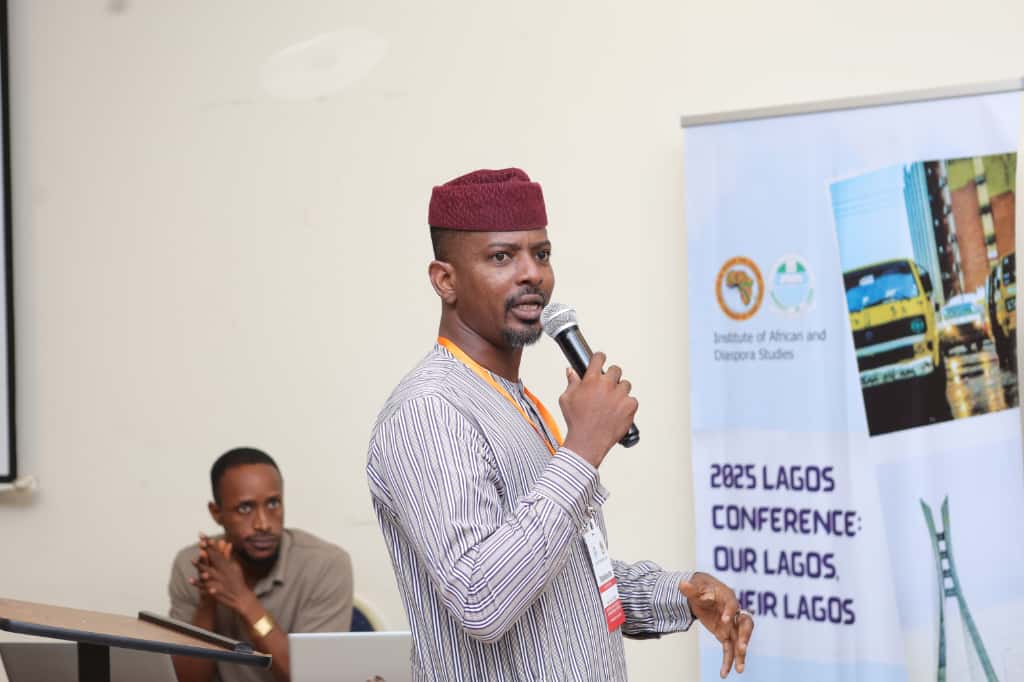
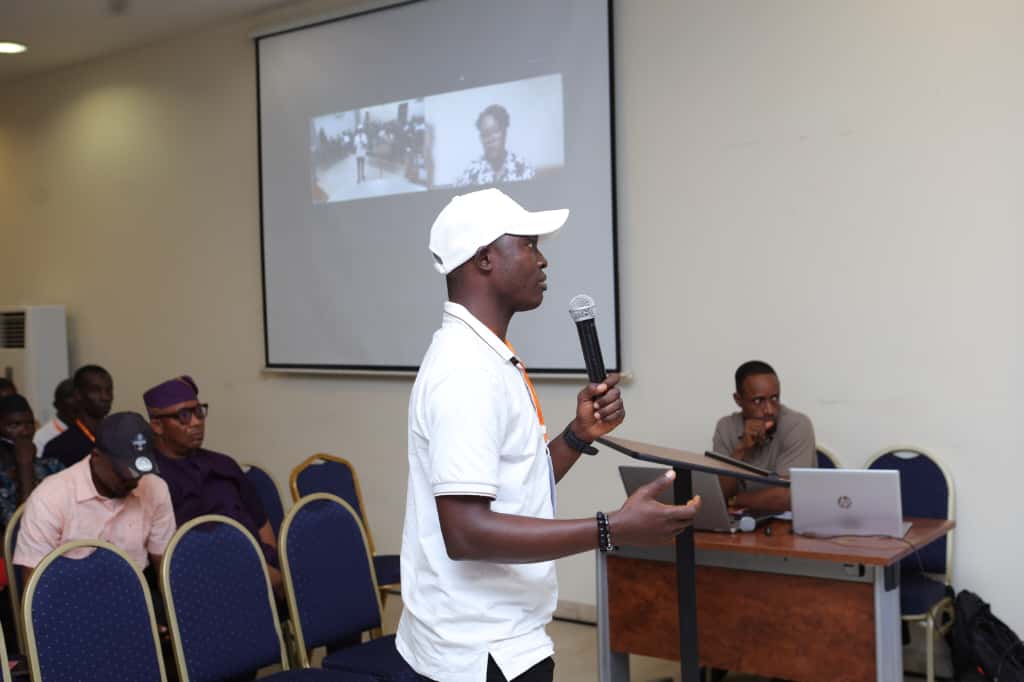
Messages from the Floor
Earlier in the day, Dr. Bisoye Eleshin raised questions around the concept of ownership in Lagos, while Professor Muyiwa Falaiye, immediate past Director of IADS and current Deputy Vice-Chancellor (Management Services), addressed the gathering virtually with a message of support.
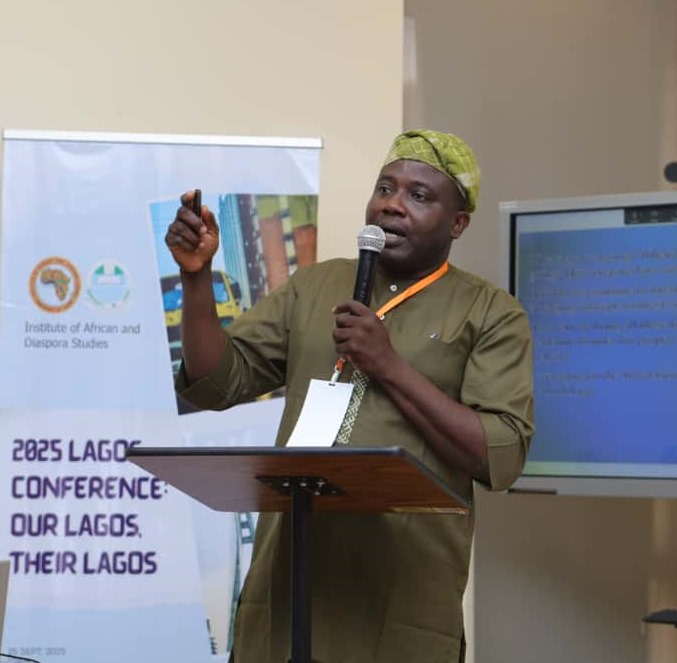
Breakout Sessions, Book Launch & Cultural Showcase
Following the official opening, the event unfolded into a series of dynamic breakout sessions, each exploring key themes around Lagos, including its transportation systems, urban structures, and the evolving socio-cultural landscape.
The programme continued with additional presentations and a highly anticipated book launch on Friday, September 26, 2025.
Film and Documentary Colloquium
The conference will round off on Saturday, September 27, 2025, with a Film and Documentary Colloquium showcasing three cinematic works that illuminate life in Lagos from multiple lenses:
- Journey of an African Colony: A historical documentary by renowned historian and former Lagos Attorney-General, Olasupo Shasore, tracing the roots and evolution of colonial Lagos.
- Where Will Normal People Sleep Tonight? : A powerful story following Amina, a resilient slum dweller, as she traverses the city’s class divides.
- Gidi Blues: A romantic drama exploring love across social lines, centering on a chance encounter between a privileged playboy and a spirited young woman.
The Big Question
As Lagos continues to reinvent itself, this question remains ever relevant: Whose Lagos is it, and what kind of Lagos should it become?
Report: Bayo Salau
Photographs: Maleeq D. Quadri
